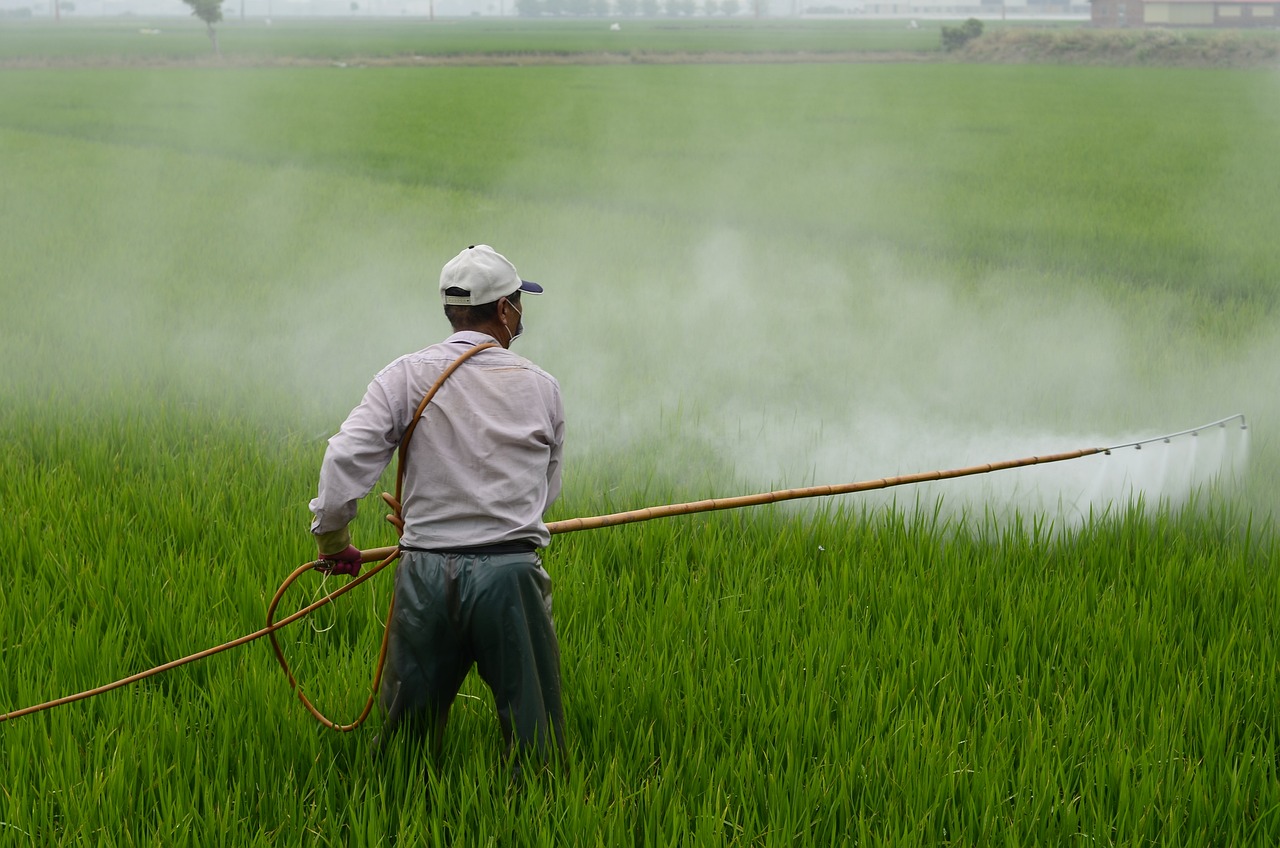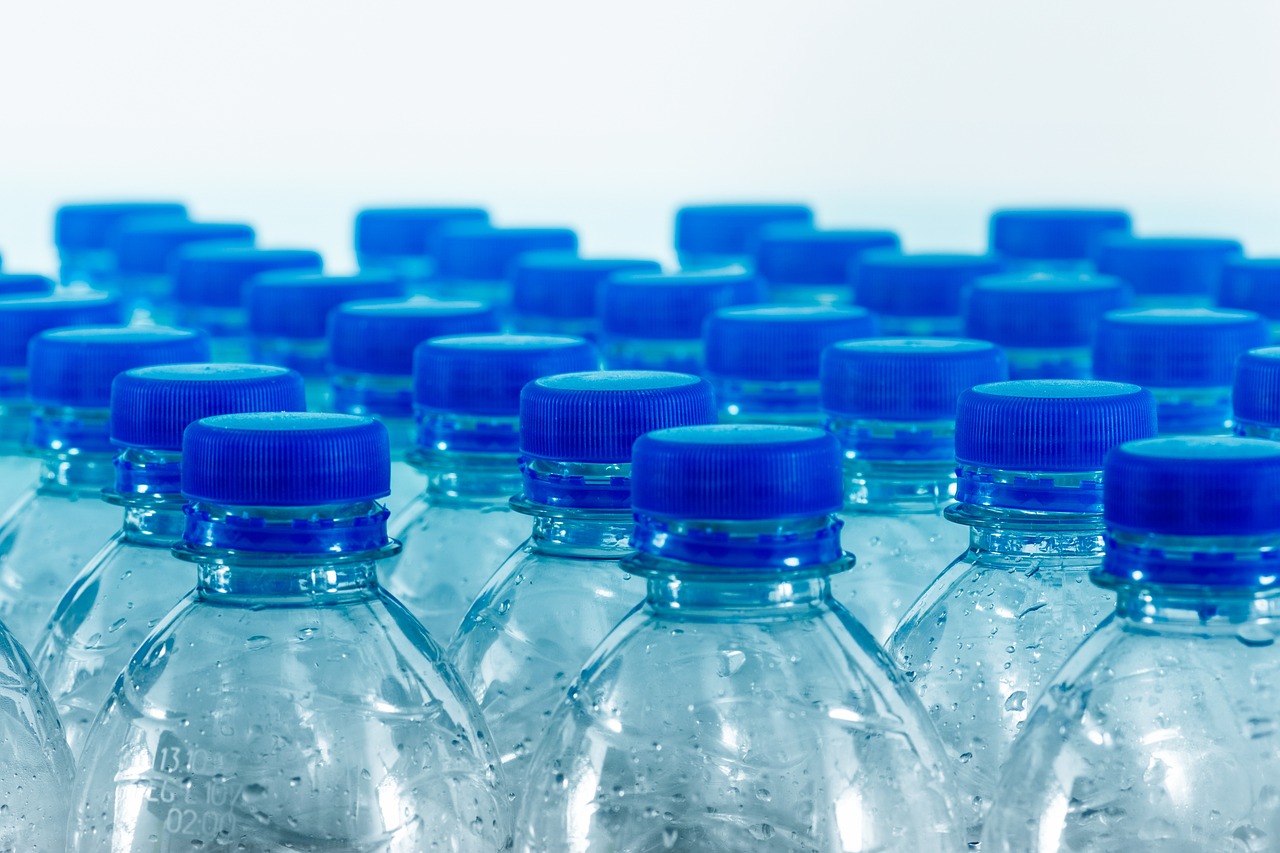Plastic pollution is one of the most urgent environmental and public health challenges of our time. As global negotiations for a plastic treaty advance, African nations, particularly within the East African Community, have a unique opportunity to shape effective, inclusive plastic governance. Yet, enforcement gaps, weak public participation, and institutional limitations persist. Local governments bear the responsibility for managing plastic waste, while informal waste pickers remain excluded from policy processes meant to support a just transition to a plastic-free future. Further still, opportunities for scientists, policy makers and civil society to work together towards a just plastic-free transition are rare.
To address these gaps, the Centre for Environment Justice and Development (CEJAD), in partnership with the Swedish International Centre for Local Democracy (ICLD) and with support from The Swedish International Development Cooperation Agency (SIDA), is hosting a regional conference from May 26 to May 28, 2025, PrideInn Hotel, Mombasa, Kenya to explore the link between plastic governance and democratic institutions.
Themes include:
- Plastic policy frameworks in Kenya, East Africa, and globally
- Grassroots innovations in plastic waste reduction
- Civil society engagement in plastic governance
- Marine plastic pollution
- The plastics and public health nexus
The conference will feature keynote presentations by researchers, policymakers, and practitioners; a Democracy Lab with local officials, CSOS, and grassroots waste pickers; film exhibitions showcasing community innovations; and site visits to learn from waste picker-led initiatives. Read more







